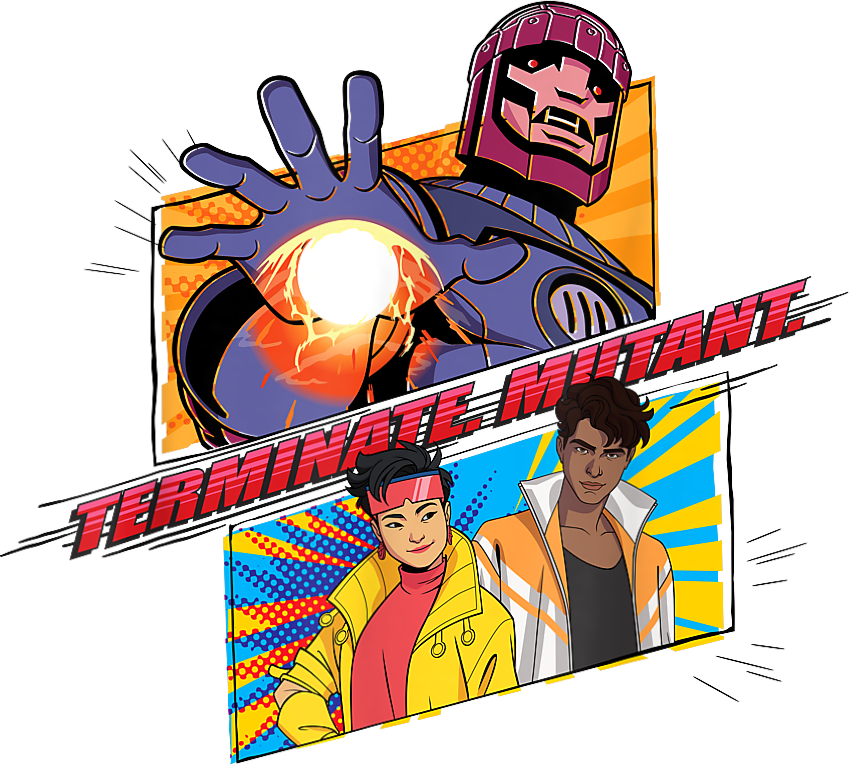
by Alexa Goodrich-Houska (she/they) | Mar 22, 2024 | Blog
This week was what many of us have been waiting for, the release of the first two episodes of X-Men ’97 on Disney Plus. Don’t know what I’m talking about? Check This Out This was very much like a nice warm soup for my soul on a rainy New England day....
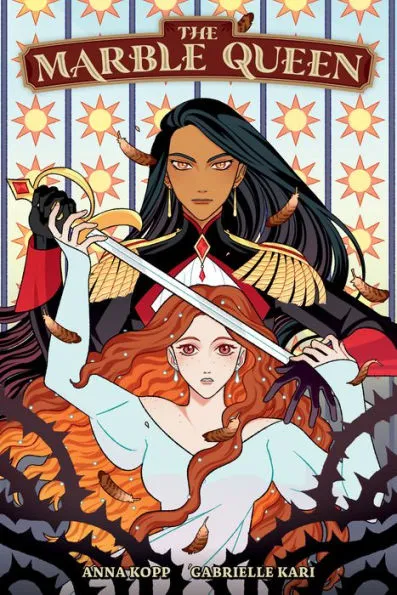
by Michele Kirichanskaya | Mar 20, 2024 | Blog
Anna Kopp is a children’s author who lives in Ohio with her husband, two boys, and two cats. Anna loves creating fantastical stories for children of all ages, from Minecraft picture books to young adult novels. When she’s not writing she’s playing video games or...
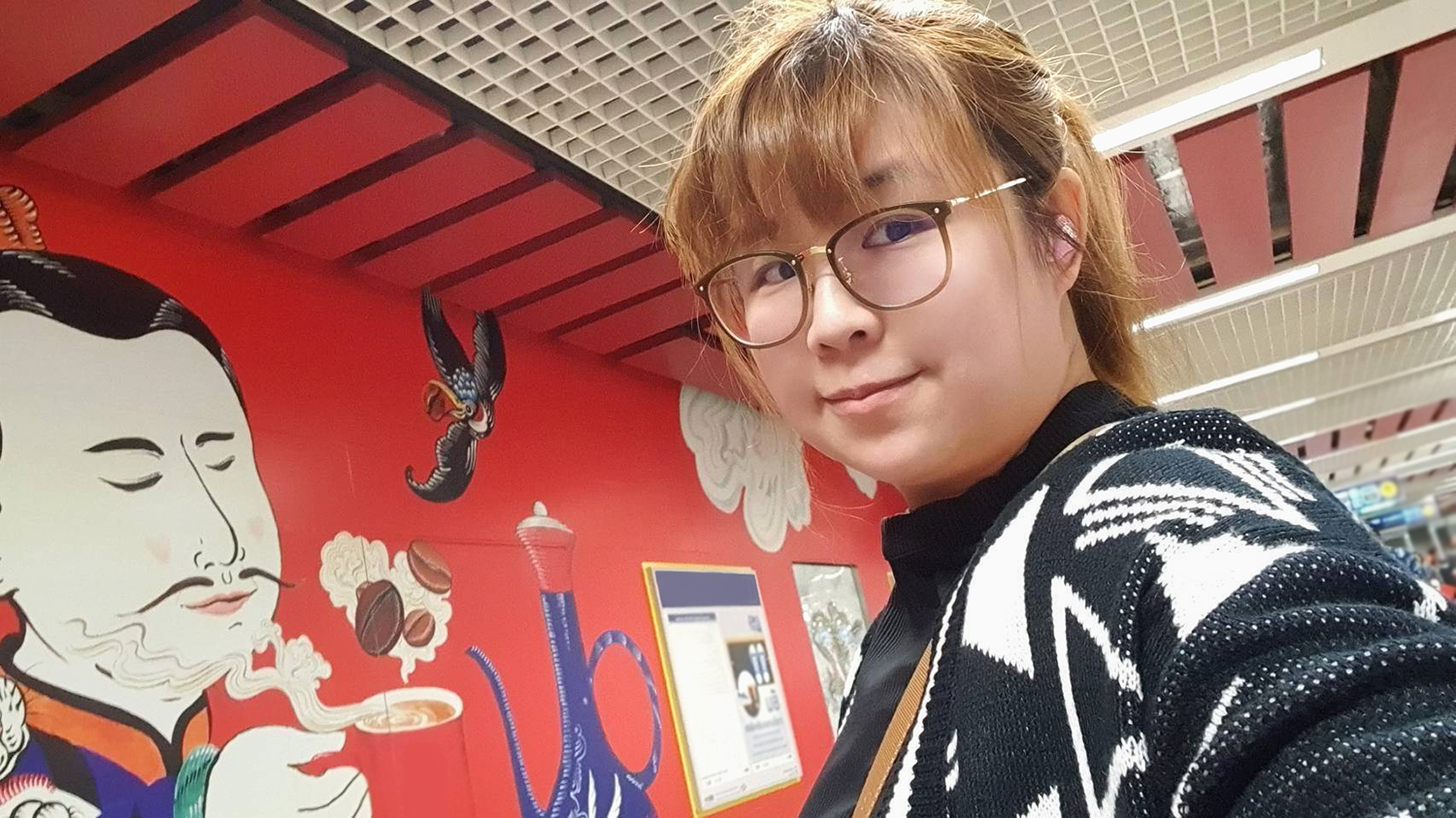
by Michele Kirichanskaya | Mar 15, 2024 | Blog
Mimo is an illustration artist based in Bangkok, Thailand. After obtaining a B.Ed. in Art Education from Chulalongkorn University, she began working for her family business.Yet, painting remains the individual’s true calling, and she has been exploring fresh...
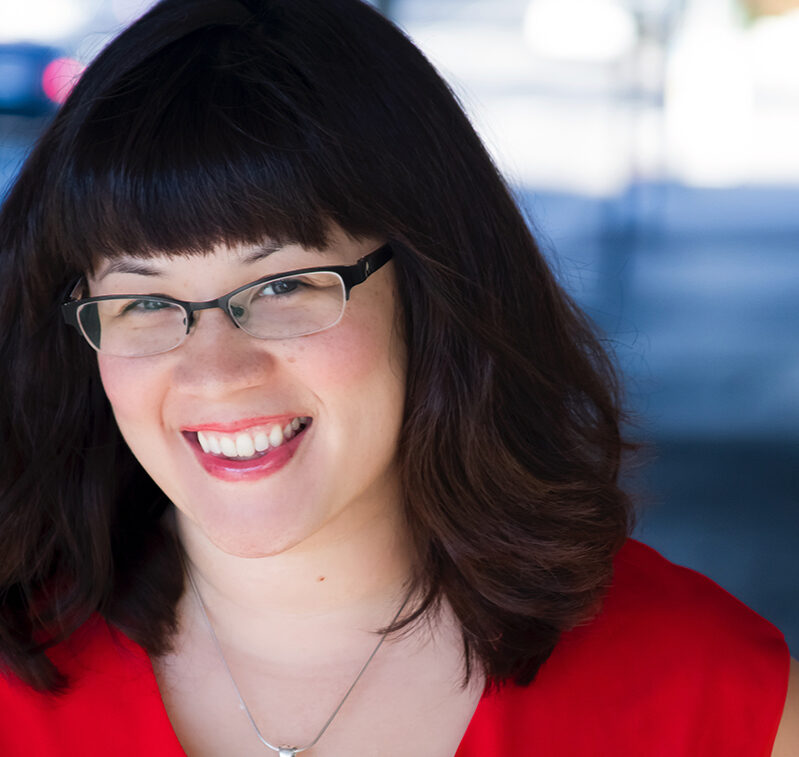
by Michele Kirichanskaya | Mar 14, 2024 | Blog
Sarah Kuhn is the author of the popular Heroine Complex novels—a series starring Asian American superheroines. The first book is a Locus bestseller, an RT Reviewers’ Choice Award nominee, and one of the Barnes & Noble Sci-Fi & Fantasy Blog’s Best Books of...
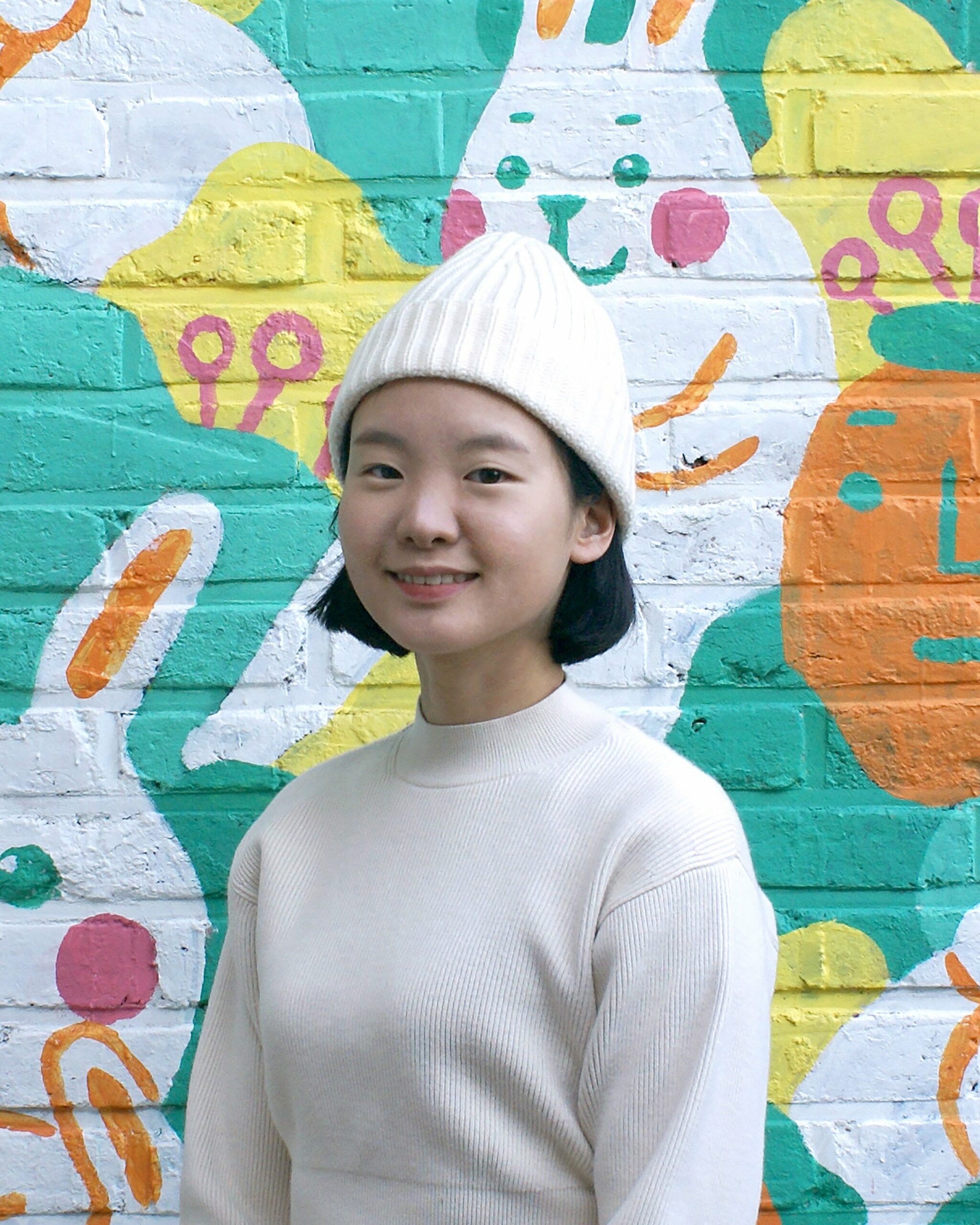
by Michele Kirichanskaya | Mar 8, 2024 | Blog
Junghwa Park [juhng-hwa bahk] is a Korean-born immigrant artist. She graduated from BFA Illustration School of Visual Arts in 2014. Her illustration is warm and whimsical. Also, it is interesting to find hidden stories. She does not only show her whimsical...
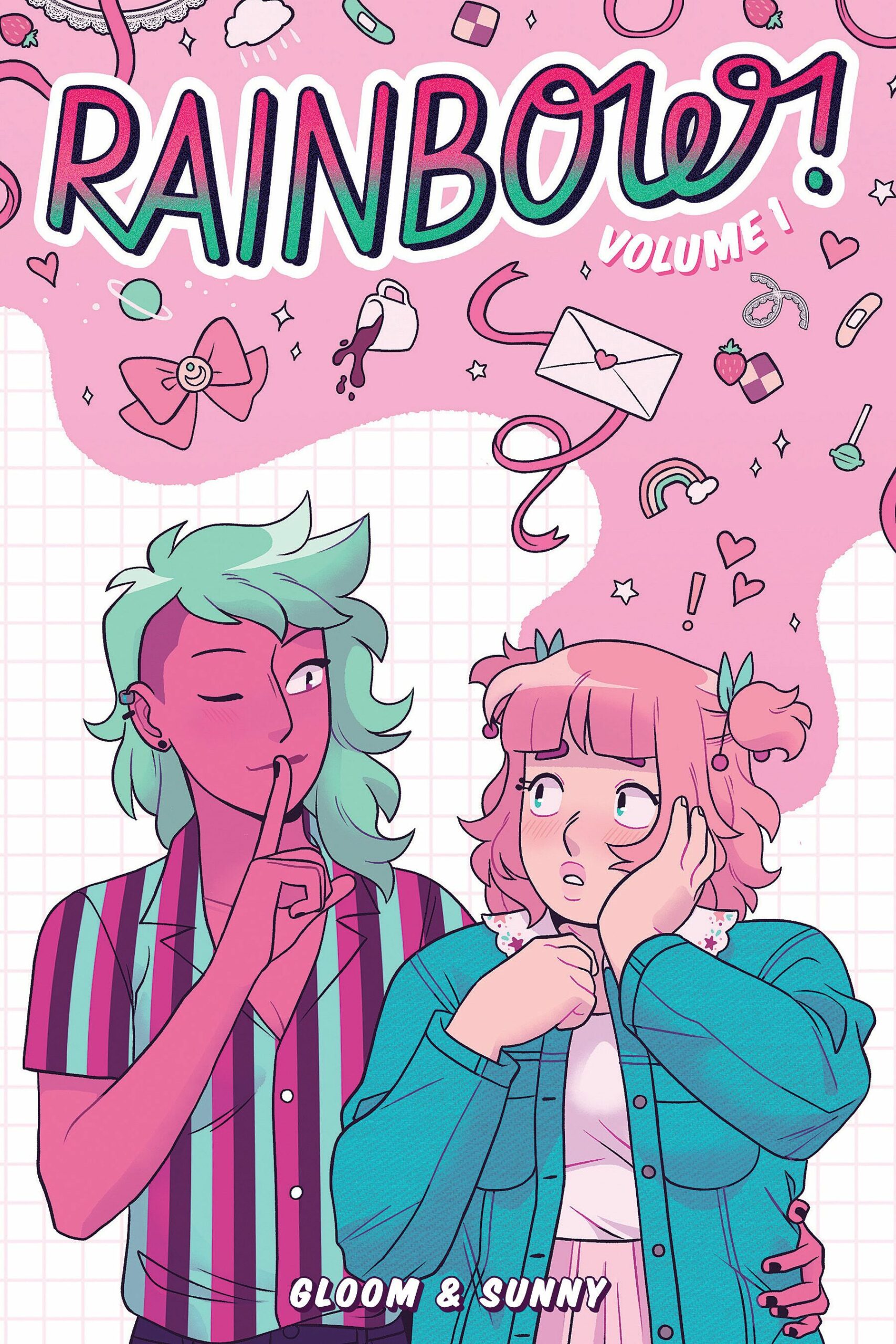
by Michele Kirichanskaya | Mar 6, 2024 | Blog
Sunny Funkhouser Aka Sunny (they/them), is a neurodivergent, queer creator who has been writing ever since they were a teenager. Sunny is autistic with ADHD and likes to collect dolls, make reborn dolls, crochet, act, and sew. They love learning how to do things...







